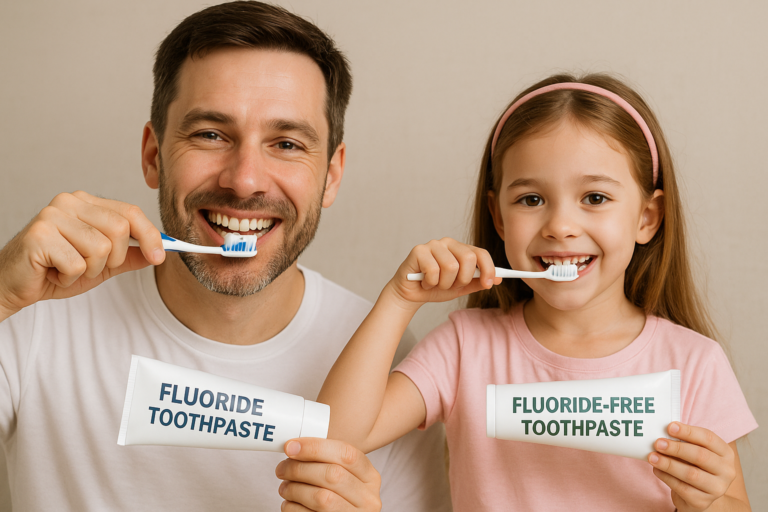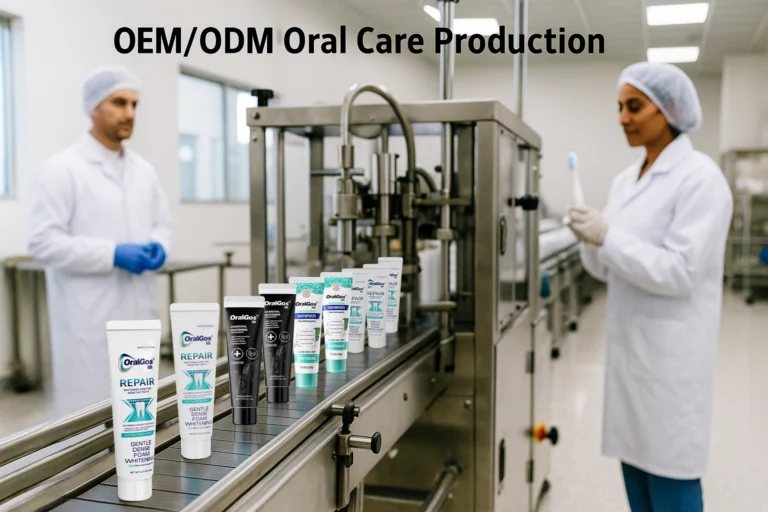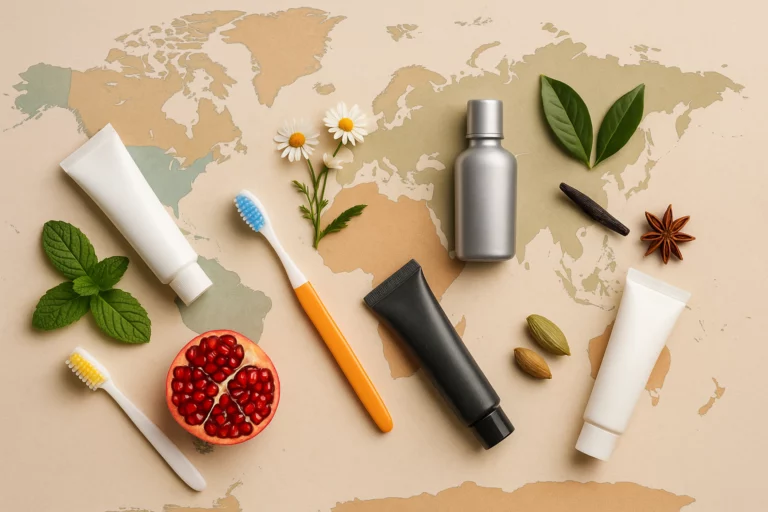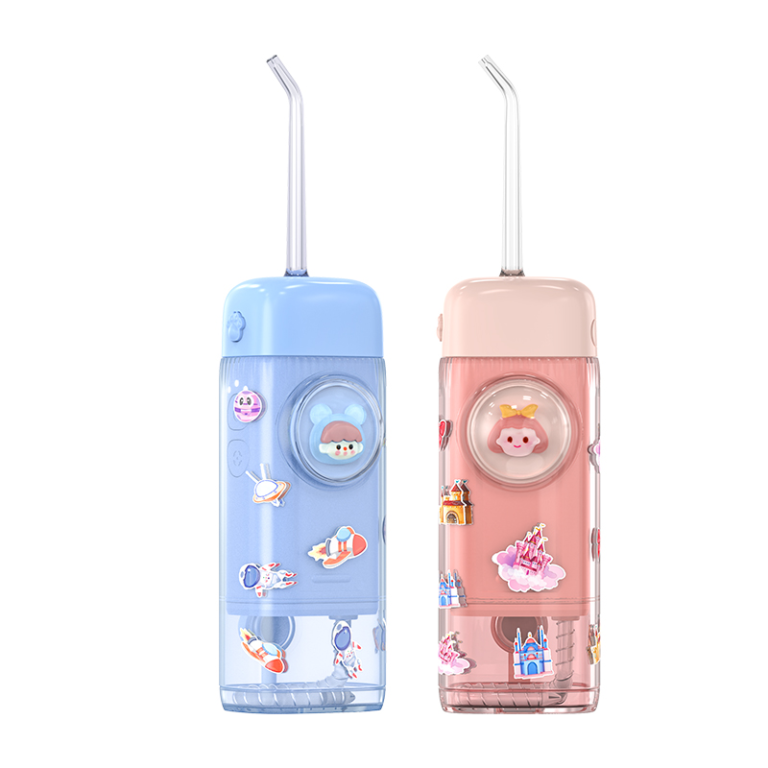With the global rise in environmental awareness, consumers are demanding higher eco-standards for oral care products. In the growing market for eco friendly manual toothbrush OEM solutions, material choice plays a decisive role. Choosing between bamboo, wheat straw, or bioplastics impacts product performance and manufacturing costs. It also shapes a brand’s sustainability image and market competitiveness.
This article looks at three popular eco-friendly materials for toothbrush handles: bamboo, wheat straw, and bioplastics. We discuss their advantages and disadvantages, how much they cost, and the environmental certifications they need. This will help buyers and OEM clients make better choice.
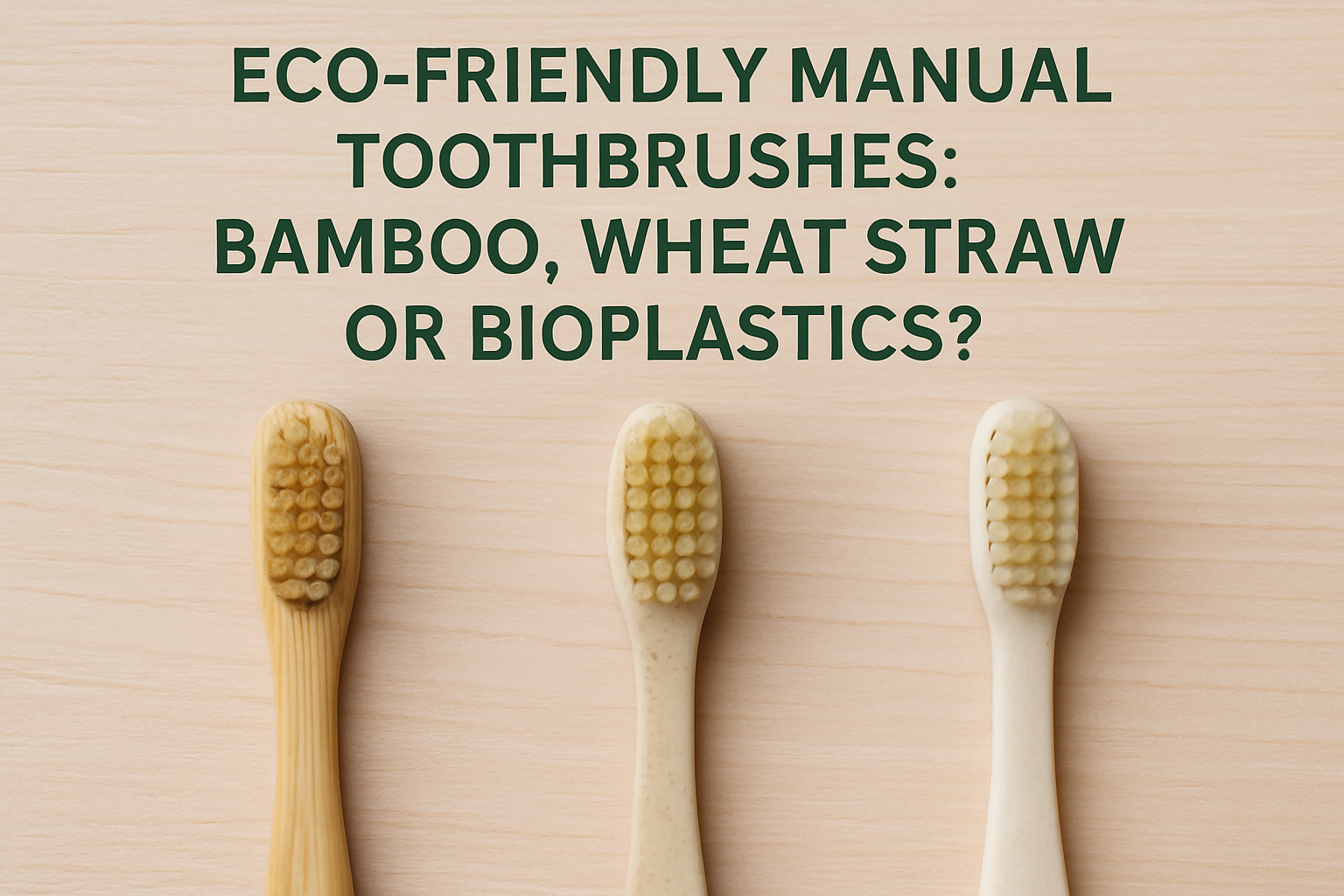
1. Bamboo Toothbrushes: Natural Texture and Biodegradability
Bamboo is widely used for eco-friendly toothbrush handles. It grows fast, is easy to source, and breaks down naturally without harming the environment. Bamboo toothbrushes offer a natural appearance and smooth texture, along with the following advantages:
- Strong biodegradability: They decompose quickly in natural environments, reducing plastic pollution.
- Antibacterial properties: Natural bamboo fibers contain antibacterial substances, aiding oral hygiene.
- High consumer acceptance: Bamboo products often enhance brand image and market appeal.
However, bamboo toothbrushes tend to be more costly due to complex processing and lower production efficiency. The quality of bamboo depends on where and when it is harvested. Therefore, OEM clients need to carefully manage their supply chains to keep the raw material consistent.
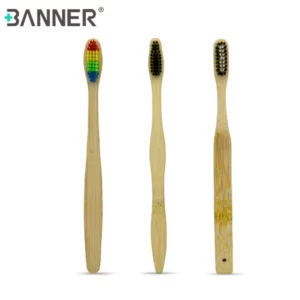
(Recommended reading: Our Bamboo Handle Eco Toothbrush)
2. Wheat Straw Toothbrushes: Upcycling Agricultural Waste
Wheat straw, an agricultural byproduct, is processed into a plastic-like material widely used for toothbrush handles. Its advantages include:
- Recycling agricultural waste, reducing resource wastage.
- Relatively low cost, suitable for large-scale OEM orders.
- Partially biodegradable, offering good environmental performance.
However, wheat straw material generally has lower strength and durability compared to bamboo and bioplastics. It can absorb moisture and deform in humid environments, which limits its application range.
3. Bioplastic Toothbrushes: Innovation and Functionality Combined
Bioplastics, derived from plant-based sources like corn starch or sugarcane, serve as eco-friendly alternatives to conventional plastics. They combine the durability of traditional plastics with environmental benefits, featuring:
- High strength and durability, providing a user experience comparable to regular plastic brushes.
- Versatile designs, allowing OEM customization for various market needs.
- Some types are industrially compostable, aligning with modern sustainability trends.
However, bioplastic degradation usually requires specific industrial composting conditions, with limited breakdown at home. Production costs and technical requirements are also relatively high, making material selection critical for OEM manufacturers.
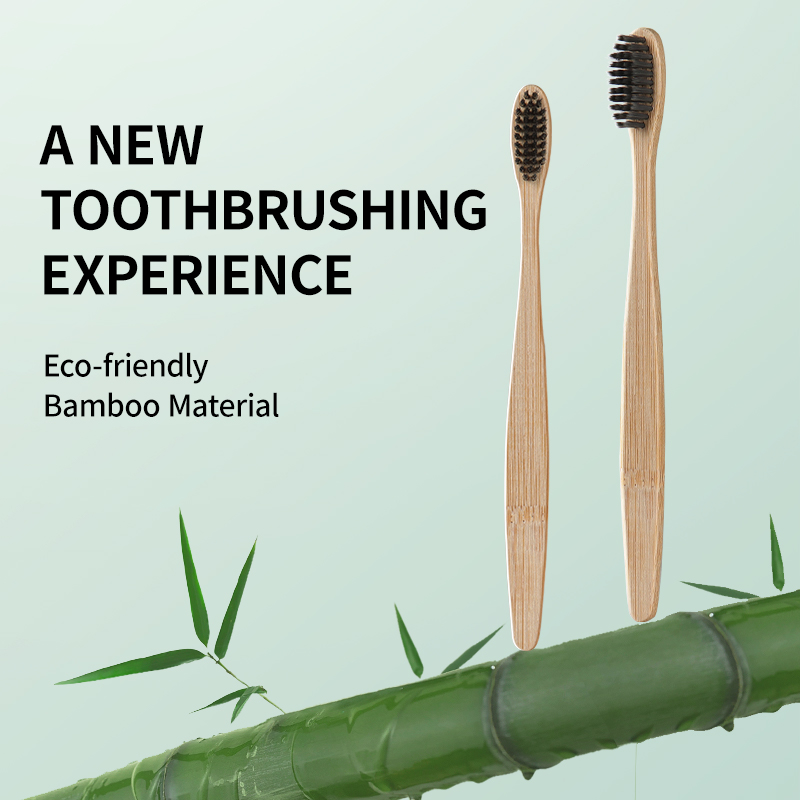
Eco Friendly Manual Toothbrush OEM Material Comparison
| Material | Raw Material Cost | Processing Difficulty | Production Efficiency | Overall Cost |
|---|---|---|---|---|
| Bamboo | High | Relatively High | Low | High |
| Wheat Straw | Low | Medium | Medium | Medium-Low |
| Bioplastics | Medium-High | High | High | Medium-High |
Bamboo offers premium natural appeal but involves higher costs, ideal for the high-end segment. Wheat straw provides cost advantages suitable for budget-conscious customers. Bioplastics balance durability and sustainability but require investment in technology and materials.
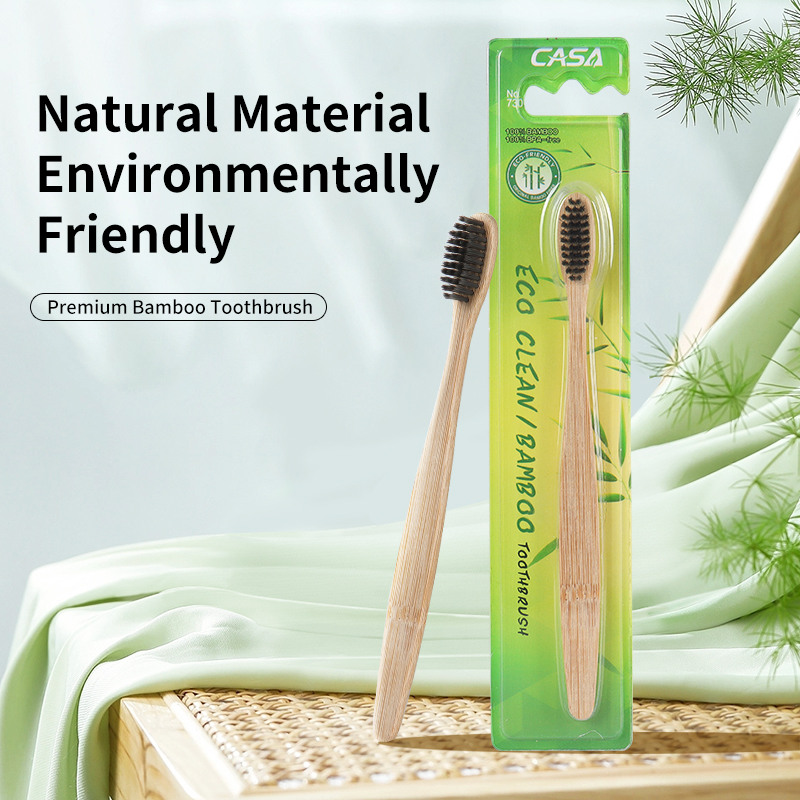
Environmental Certification Requirements
Obtaining relevant eco-certifications significantly enhances the competitiveness of eco-friendly toothbrushes. Common certifications include:
- FSC (Forest Stewardship Council): Ensures sustainable and legal sourcing of bamboo materials.
- OK Compost / EN 13432: European standards for biodegradability and compostability.
- FDA & REACH Compliance: Guarantees material safety and compliance with food contact regulations.
- ISO 14001 Environmental Management: Demonstrates company-wide environmental responsibility.
OEM providers must ensure not only that materials meet certification criteria but also that production processes comply with environmental standards. Certifications boost brand credibility and consumer trust.
In summary, bamboo, wheat straw, and bioplastics each offer unique advantages for different market needs. Buyers looking for eco-friendly manual toothbrush OEM solutions need to consider three key factors. These are material sustainability, cost, and certification. Balancing these will help create green products that meet today’s market trends.
To learn more about our toothbrush OEM services and certifications, please visit our Toothbrush OEM page and Certifications page. Also, explore our Bamboo Handle Eco Toothbrush Collection to enjoy natural eco-friendliness combined with excellent quality.
For a deeper dive into why bamboo toothbrushes are gaining popularity as a sustainable alternative to their plastic counterparts, see “Why You Should Switch to Bamboo Toothbrushes” on Oralgos.


